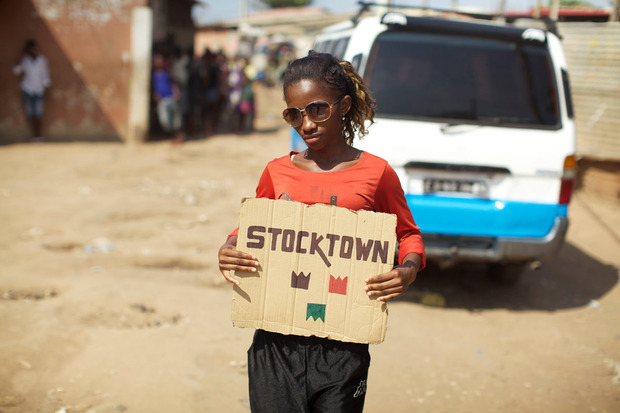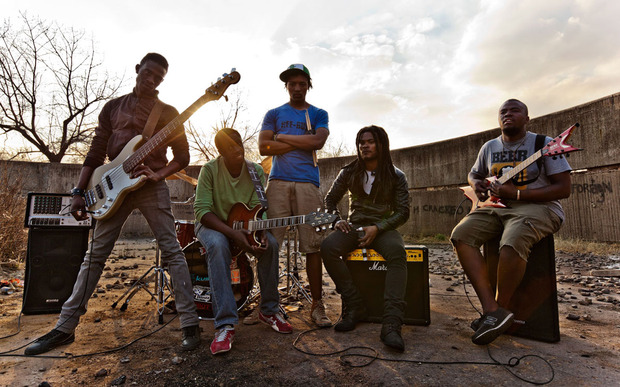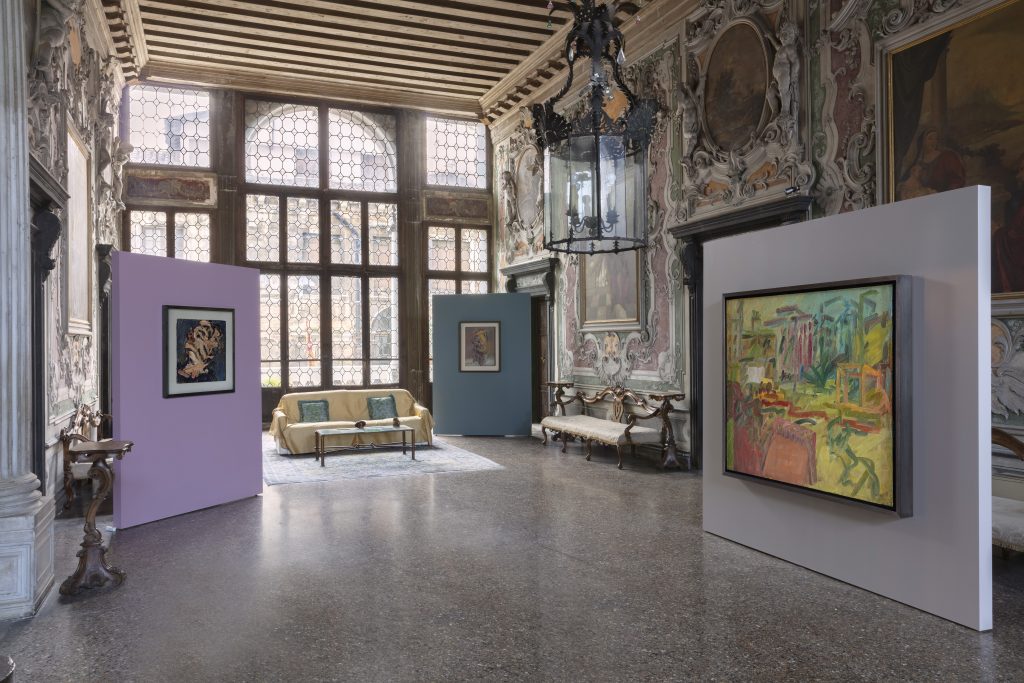Stocktown
Sweden’s international video magazine focuses on Africa’s vibrant and diversely creative scene


The Web 2.0 era has allowed unprecedented access to self-publishing in music, writing and videos. While this democratization of communication has both drawbacks and benefits, it’s safe to say the amount of content to sift through is staggering. To avoid getting bogged down in viral cat videos and other popcorn for the brain, look to Stockholm-based video magazine Stocktown and its global team of editors, who find and produce some of the most thought-provoking videos on urban culture. Named for the the hip-hop and street art nickname for Stockholm, Stocktown goes well beyond Sweden to find the best urban content from around the world.
Founded in the late ’90s as a platform for the burgeoning hip-hop and graffiti scenes in Sweden, Stocktown has grown into a fully formed creative outlet for an international audience. They shifted their main focus to video in 2011, in response to the surge of content inundating computer screens. “There’s a need for curation when it comes to YouTube,” says founder Teddy Goitom. “There is a lot of powerful content, but it gets drowned out.”

One of Stocktown’s goals is to feature content from places that are often overlooked. Over the past few years, Goitom and his editorial team have taken a focus on Africa and the African diaspora. “We’re always researching urban culture and what’s going on in different cities in music, fashion and art,” says Goitom, “but for African cities it was difficult because it was hard to find local blogs.” Instead of moving on, Goitom and his crew traveled to three countries on a research trip to learn more about contemporary urban culture in Africa for an upcoming 60-part series. Hitting all four points on the compass in Africa as well as reaching out to diaspora communities in Europe and North America, Stocktown is doing justice to the continent’s distinct creative diversity.

“It’s an interesting period in Africa,” Goitom says. “There’s a hunger to see something else from Africa, aside from stereotypical depictions of war, famine and undifferentiated masses of people.” The range of creative talent represented is certainly eye-opening and inspiring. Transsexual musician Titica‘s work has flourished in Angola, where homosexuality is illegal. In Soweto, a section of Johannesburg, Goitom and his crew profile the township’s heavy metal scene, an award-winning streetwear collective and a budding photographer, just to name a few. The videos all reveal a look into the workings of creatives that often fail to reach most audiences. “We’re more and more connected,” Goitom says, “for creatives in Africa, access to broadband and information is key to connecting.”

For those unfamiliar with Africa’s creative underpinnings, Stocktown’s series are a fresh viewpoint from what is already out in the digital sphere. By hitting the streets and forging personal relationships with leading artists and musicians, they are providing an insider’s perspective. “There is a new generation that wants to showcase a different image,” Goitom says of the continents. But don’t be quick to generalize, he reminds. “Africa is a massive continent with different cultures and resources. We can’t just say, ‘Africa.’ We need to be more precise and take it place by place.”
Visit Stocktown online to view more content from Africa and across the world. Keep an eye out for Goitom’s full-length documentary on African urban culture in the coming months.
Images courtesy of Stocktown












